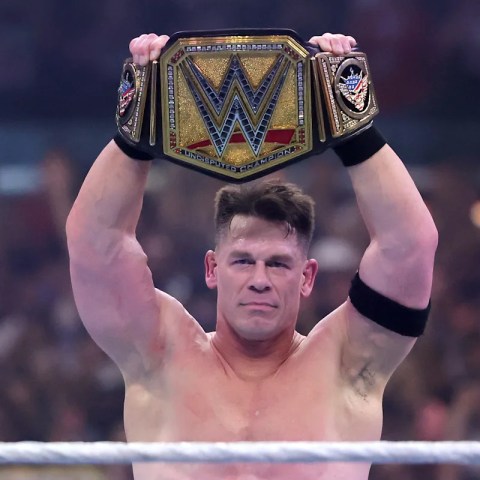As Labor Day unfolded in the U.S., Chicago Mayor Brandon Johnson voiced strong opposition to the Trump administration’s plan to send federal troops into the city as part of an immigration initiative. “No federal troops in Chicago,” Johnson told the crowd at the “Workers Over Billionaires” protest. He emphasized the need to protect democracy and respect the humanity of everyone in the city.
At the same time, other protests erupted outside Trump Tower, where demonstrators chanted anti-Trump slogans.
This Chicago rally was just one of many across America, all part of a nationwide push named “Workers Over Billionaires.” Organizers aimed to highlight crucial social issues like Social Security, public education, and accessible healthcare. A coalition known as May Day Strong, which includes labor unions like the AFL-CIO, spearheaded these events.
Cities from New York to Los Angeles saw protests. In New York, hundreds gathered near Trump Tower, while Senator Kirsten Gillibrand attended a rally in Albany, celebrating the labor movement’s role in building the middle class.
In Washington, D.C., around 1,000 people participated in a “Freedom Run” against the federal presence in the city. Participants expressed concern for families affected by the deployment of National Guard members.
In Los Angeles, thousands rallied, culminating in a community picnic after the demonstrations. Additionally, workers at the Hilton Americas-Houston participated in a nine-day strike, advocating for better wages.
These protests reflect deep societal concerns, echoing historical labor movements where workers fought for fair treatment and rights. Recent data shows that over 60% of Americans now support stronger labor unions, highlighting a shift in public sentiment.
Interestingly, social media played a crucial role in galvanizing support and organizing these events, with hashtags related to the protests trending nationwide.
Trump, meanwhile, shared a message on Truth Social, celebrating Labor Day with a photo of himself with workers, but this starkly contrasts with the sentiments expressed at various rallies.
For more thoughts on labor movements and their importance in today’s society, you can check studies from the Economic Policy Institute.




















